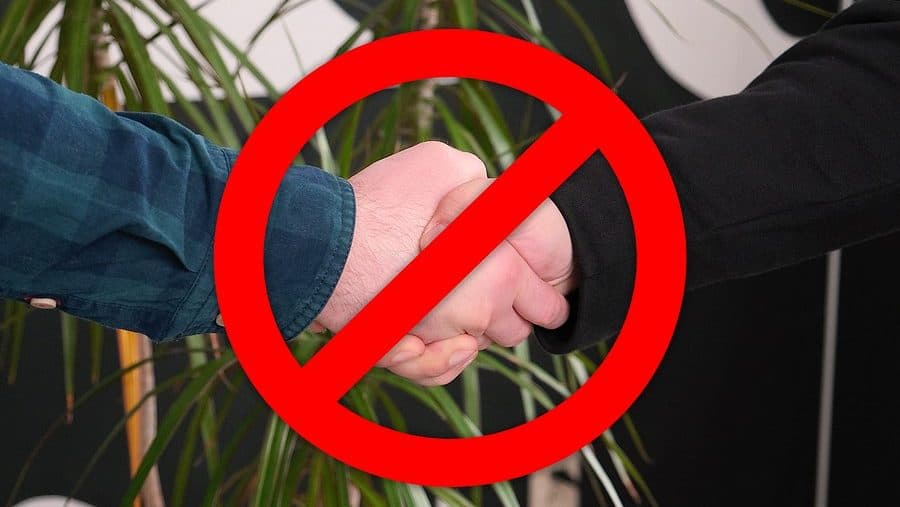Most companies say that their company culture is an important part of hiring decisions, but is it really? Let’s put that to the test.
Imagine that your corporate culture is highly team-focused and collaborative. The work environment is relaxed, with blurred lines between professional relationships and friendships. Employees often say that they have a great friend at work, and the bonds of trust are strong. This is known as a Social Culture, and according to the “What’s Your Organizational Culture?” test, more than a third of companies have this culture.
Now, think about a job interview. You’ve just asked a candidate to describe their most memorable experience working on a team, and this is their response:
“I like working in teams. And that’s especially true when everyone is well-trained and knows how to do their jobs. That’s when everything really clicks, and you get the full benefit of having a bunch of incredibly smart people in the room working together. I have experienced times when you don’t always get the credit you earned. That happened at my last job. I didn’t say anything about it, but it did eat away at my desire to stay at the company.”
Does this person sound like a great fit for a Social Culture? Their answer isn’t atrocious, but there are more than a few red flags for a team-focused and collaborative culture.
First, the candidate emphasizes the importance of everyone being well-trained and knowledgeable as a prerequisite for their preference for teamwork. While competence is important, this emphasis suggests that the candidate has a more transactional view of team interactions, where the primary value of colleagues is their immediate utility rather than their potential for collaborative growth and support. In a Social Culture where the blurring of professional and personal boundaries is common, this transactional view of teams doesn’t convey a deep sense of trust and personal connection.
Second, the mention of not receiving due credit and choosing to remain silent about it suggests a possible mismatch with a culture that thrives on open communication and mutual support. In a Social Culture, we’d expect employees to feel comfortable voicing their concerns and trusting that the team would address issues together. The fact that this situation “ate away” at the candidate’s desire to stay with the company indicates a potential struggle to engage in open, trusting communication.
Third, the lack of action from the candidate when faced with a problem is at odds with a collaborative environment where issues are brought to the forefront and solved collectively. The candidate’s silence and subsequent job-seeking suggest a propensity to withdraw when faced with challenges.
Finally, the absence of any reference to interpersonal relationships or enjoyment of the social aspects of team interactions is a significant red flag. A Social Culture would ideally look for candidates who not only acknowledge the functional benefits of teamwork but who also thrive on and contribute to the social dynamics of the workplace. The candidate’s response does not reflect an appreciation for the less tangible, relational aspects of working in a team.
Now, here’s the real test. How many of your company’s hiring managers would consider the candidate’s response acceptable? The answer isn’t atrocious for a generic company. But for a company with a Social Culture, it’s clearly not a great fit.
Espousing a belief in hiring for culture is easy. But putting it into action requires a willingness to turn away candidates that, while perfectly fine otherwise, just don’t match the company’s beliefs and values.
